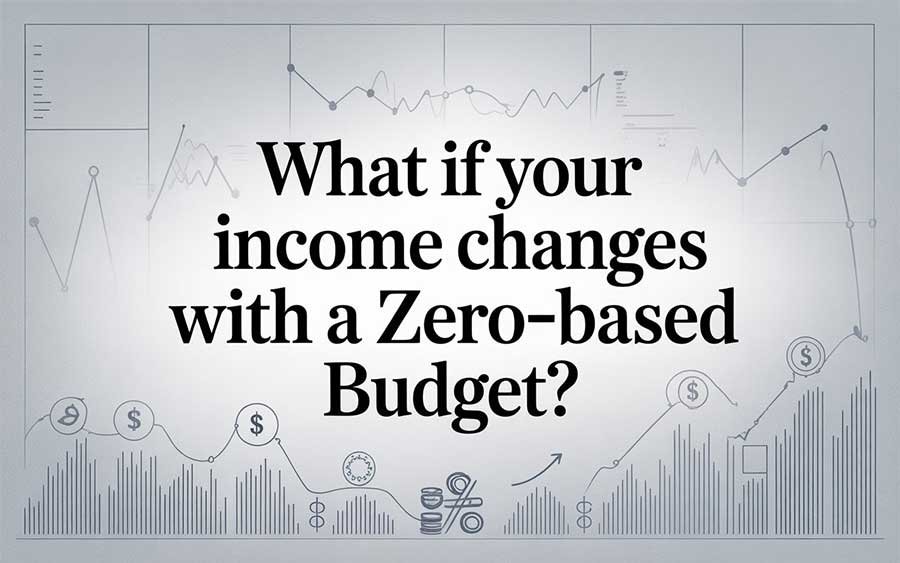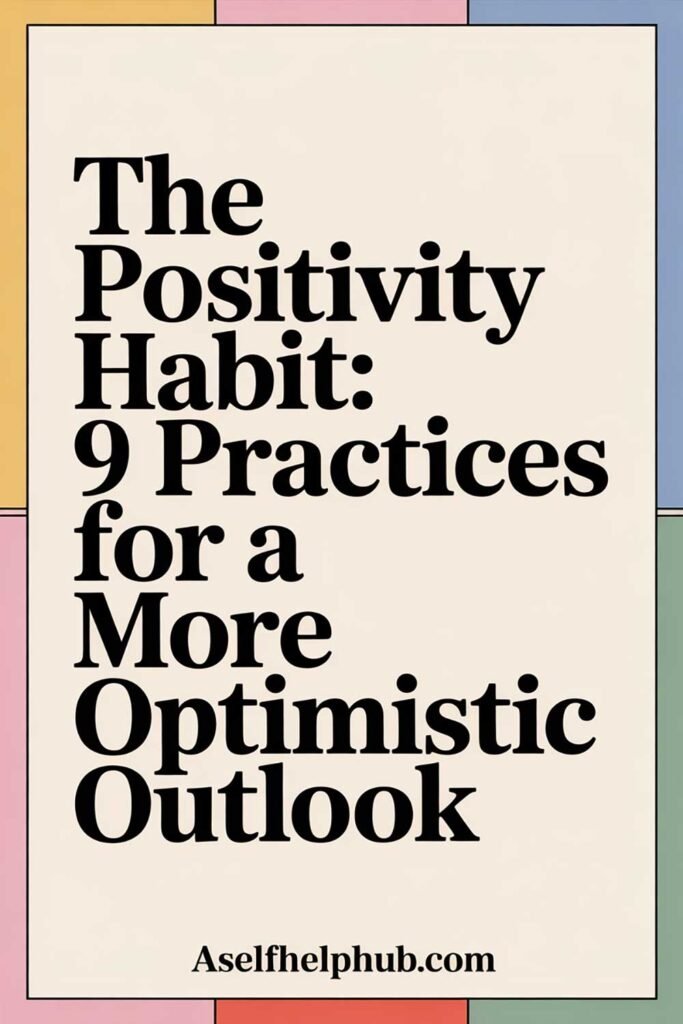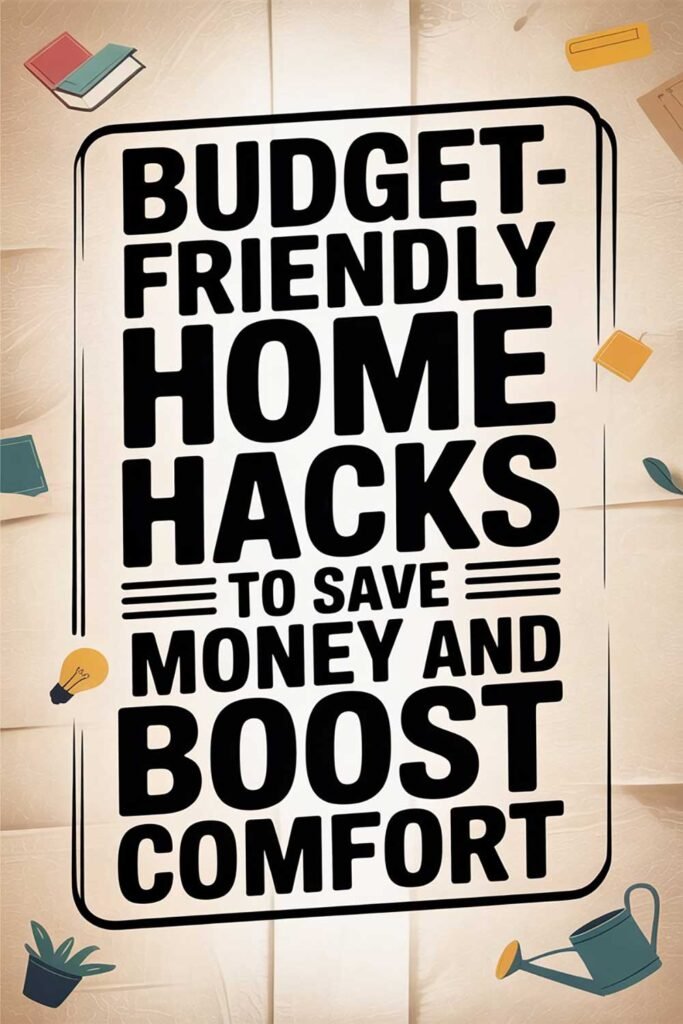
What If Your Income Changes With a Zero-Based Budget? Navigating Financial Fluctuations
The zero-based budget (ZBB) is a powerful financial tool. Its core principle is simple: every dollar of your income is assigned a “job” – whether it’s going towards expenses, savings, debt repayment, or investments – until your income minus your expenses equals zero. This meticulous approach gives you unparalleled control and clarity over your money. It’s about being intentional with every single dollar, transforming it from a mysterious outflow to a purposeful allocation. This intentionality is precisely why writing down your money goals changes everything for your financial success.

However, life isn’t always a steady stream. For many, income isn’t fixed. It can fluctuate due to commissions, freelance work, seasonal jobs, bonuses, overtime, or unexpected life events like job loss or a new promotion. This unpredictability can make the strict nature of a zero-based budget seem daunting. “How can I assign every dollar a job if I don’t know how many dollars I’ll have?” is a common and valid concern.
The good news is that a zero-based budget, far from being rigid, is actually one of the most adaptable budgeting methods for fluctuating incomes. Its strength lies in its requirement for constant awareness and adjustment. This article will guide you through navigating income changes with a zero-based budget, transforming potential chaos into controlled flexibility.
The Zero-Based Budget: A Quick Recap of Its Strengths
Before diving into income changes, let’s briefly revisit why ZBB is so effective:
- Maximum Control: Every dollar is accounted for, leaving no money “lost.”
- Increased Awareness: You deeply understand your spending habits and priorities.
- Eliminates Waste: Unassigned money tends to disappear; ZBB prevents this.
- Goal-Oriented: It forces you to align your spending with your financial goals, whether it’s paying off debt or saving for a down payment. This active planning is crucial for debt-free money goals: how to plan your financial comeback.
- Adaptability (Yes, Really!): While seemingly strict, its very nature of re-evaluating every dollar allows it to be re-calibrated constantly.
Navigating a Fluctuating Income with ZBB: The Strategies
The key to mastering a zero-based budget with variable income is not to predict the unpredictable, but to build in systems that react effectively to it.
Strategy 1: Base Your Budget on Your Lowest Expected Income
This is the golden rule for variable income earners.
- Estimate Conservatively: Determine the absolute minimum income you expect to earn in a month. If you’re a freelancer, this might be based on your slowest month or a guaranteed retainer. If you work on commission, it’s your base salary or the lowest commission you’ve ever earned.
- Prioritize Essential Expenses: Allocate this “base” income solely to your non-negotiable expenses: housing, utilities, groceries, transportation, minimum debt payments. This creates a solid foundation.
- Real-Life Example (Lower Income): Sarah, The Freelance Designer Sarah’s income as a freelance graphic designer varied wildly. Some months she’d hit $6,000, others barely $2,500. She started by building her zero-based budget around her lowest sustainable income, $2,500. This meant rent, utilities, basic groceries, and minimum student loan payments were covered. Any month she earned more than $2,500, the excess wasn’t immediately spent. Instead, it was allocated to specific “jobs” in a tiered system she developed (see Strategy 3). This helped her avoid the “feast or famine” cycle, ensuring her essentials were always covered, and giving her a clear plan for extra income.
Strategy 2: Embrace the “Buffer” or “Income Smoothing” Account
This is a dedicated savings account designed specifically to stabilize your income flow.
- Purpose: Its sole purpose is to hold excess income from high-earning months to supplement low-earning months.
- How it Works: In months where you earn above your lowest expected income, the surplus goes into this buffer account. In months where you fall short, you draw from this account to meet your budgeted minimum. Aim to build up 1-3 months of essential expenses in this buffer.
- Real-Life Example (Lower Income): Mark, The Seasonal Worker Mark worked in construction, with peak earnings in spring/summer and very little work in winter. He used a zero-based budget, but his income disappeared for several months. By consistently funneling half of his peak season income into a separate “Winter Buffer” account, he could budget a fixed amount each month, even during his lean season. When winter arrived, his budget still showed his regular “income” amount, but it was drawn from his buffer account instead of current earnings. This allowed him to maintain his lifestyle and avoid debt, even when actual income was zero.
Strategy 3: Implement a Tiered Spending Plan for Excess Income
This is where the “zero-based” part becomes incredibly powerful for variable income. Once your essentials are covered and your buffer is healthy, you create a priority list for any extra money. This helps with how to prioritize your money goals when everything feels important.
- Tier 1: Emergency Fund: If not fully funded, any surplus should first go here.
- Tier 2: High-Interest Debt: Attack credit card debt or high-interest loans.
- Tier 3: Future Savings Goals: Down payment, retirement, education, large purchases. This proactive approach helps you break big money goals into bite-sized milestones.
- Tier 4: Discretionary Spending/Wants: Extra fun money, vacation savings, hobbies.
Each month, after covering your baseline and topping up your buffer, you work your way down this tiered list with any remaining income until you hit zero.
Strategy 4: Re-Budget Mid-Month for Significant Changes
A zero-based budget isn’t a “set it and forget it” tool, especially with fluctuating income.
- Regular Check-ins: At least once a week, or whenever a new income amount comes in, revisit your budget.
- Immediate Adjustments: If a large unexpected income stream arrives, immediately assign it a job based on your tiered plan. If income is significantly lower than your conservative estimate, adjust discretionary spending downwards or tap into your buffer. Don’t wait until the end of the month to discover a deficit.
Strategy 5: Separate Business and Personal Finances (for Entrepreneurs/Freelancers)
If your income literally is your business’s revenue, this distinction is critical.
- Pay Yourself a Salary: Establish a consistent “salary” that you pay yourself from your business account to your personal checking account. This salary should align with your lowest expected income from Strategy 1.
- Business Savings: Any excess revenue stays in the business account, used for business growth, taxes, or business emergencies, not personal spending. This creates predictability for your personal budget.
Strategy 6: Review and Refine Consistently
Your budget is a living document.
- Monthly Review: At the end of each month, review your actual income vs. budgeted, and actual spending vs. budgeted. Where were the discrepancies? What worked well? What didn’t?
- Annual Adjustment: At least once a year, or after major life changes, do a comprehensive overhaul of your budget. Your financial goals evolve, and so should your strategy. Setting smart money goals: how to set financial goals that work should be a continuous process.
What If Your Income Increases Significantly?
A sudden increase in income (a new job, large bonus, inheritance) can be just as disorienting as a decrease if not managed intentionally.
- Avoid Lifestyle Creep: The biggest trap is immediately upgrading your lifestyle to match your new income. Resist this urge!
- Prioritize Saving and Debt: Use a significant portion of the new income to supercharge your emergency fund, pay down high-interest debt aggressively, or boost retirement savings.
- Pre-Fund Future Expenses: Use the extra income to save for upcoming large expenses (home repairs, car replacement, education).
- Review and Reallocate: Update your zero-based budget to reflect your new higher income. Give every new dollar a job! Maybe now you can increase your contributions to investments, or finally save for that dream vacation without guilt. Even for couples, understanding money goals for couples: how to plan a shared financial future becomes easier with a clear budgeting strategy for increased income.
Real-Life Example (Increased Income): David, The Sales Professional
David worked in sales, and after a record quarter, he received a substantial commission bonus. Historically, these bonuses would vanish quickly on impulse purchases and dining out. With his zero-based budget, he now had a plan. His tiered spending strategy for excess income kicked in:
- Top up emergency fund: He added $1,500 to his emergency fund, bringing it to a full six months of expenses.
- Extra mortgage payment: He put $2,000 towards his mortgage principal.
- Investments: $1,000 went into his Roth IRA.
- Fun money: He allowed himself $500 for a weekend getaway.
By giving every dollar a job, the bonus wasn’t “spent” thoughtlessly; it was allocated purposefully, accelerating his financial goals and providing a sense of accomplishment rather than buyer’s remorse.
The Psychological Advantage
Beyond the numbers, adapting your zero-based budget to changing income provides immense psychological benefits:
- Reduced Financial Anxiety: You have a clear plan for both good times and lean times.
- Increased Control: You feel empowered, not at the mercy of your income fluctuations.
- Faster Goal Achievement: Every dollar has a purpose, pushing you closer to your financial aspirations.
- Peace of Mind: Knowing you can weather financial storms builds confidence.
Embracing the dynamic nature of a zero-based budget for fluctuating income isn’t just about managing money; it’s about building financial resilience and fostering a proactive approach to your entire financial life. It takes discipline, but the peace of mind and accelerated progress are well worth the effort.
20 Empowering Quotes on Budgeting and Financial Adaptability:
- “A budget is telling your money where to go instead of wondering where it went.” – Dave Ramsey
- “The habit of saving is itself an education; it fosters every virtue, teaches self-denial, cultivates foresight, and so sharpens the wits.” – T.T. Munger
- “Financial peace isn’t the acquisition of stuff. It’s learning to live on less than you make, so you can save money and invest money.” – Dave Ramsey
- “It’s not how much money you make, but how much money you keep, how hard it works for you, and how many generations you keep it for.” – Robert Kiyosaki
- “A man who does not plan long ahead will find trouble at his door.” – Confucius
- “Money is a terrible master but an excellent servant.” – P.T. Barnum
- “Don’t tell me what you value, show me your budget, and I’ll tell you what you value.” – Joe Biden
- “Financial freedom is available to everyone, but only those who take action achieve it.” – Anonymous
- “Compound interest is the eighth wonder of the world. He who understands it, earns it; he who doesn’t, pays it.” – Albert Einstein
- “The best way to predict the future is to create it.” – Peter Drucker
- “You must gain control over your money or the lack of it will forever control you.” – Dave Ramsey
- “Wealth is not about having a lot of money; it’s about having a lot of options.” – Chris Rock
- “Beware of small expenses; a small leak will sink a great ship.” – Benjamin Franklin
- “Empty pockets never held anyone back. Only empty heads and empty hearts can do that.” – Norman Vincent Peale
- “Every time you make a decision, you are deciding your future.” – Unknown
- “Do not save what is left after spending, but spend what is left after saving.” – Warren Buffett
- “The rich invest in time, the poor invest in money.” – Warren Buffett (Invest your effort in smart money management)
- “Being fiscally conservative is not a liability. It’s a strength.” – Christine Lagarde
- “The first step toward getting somewhere is to decide you’re not going to stay where you are.” – J.P. Morgan
- “Opportunity is missed by most people because it is dressed in overalls and looks like work.” – Thomas Edison
Picture This
Imagine your personal finances as a sailboat. With a traditional budget, you might have a fixed mast and sail, great for consistent winds. But when the wind shifts – sometimes strong, sometimes barely a breeze – you’re either capsizing or stalled. Now, imagine that sailboat with a zero-based budget. It has adjustable sails, a nimble rudder, and a deep understanding of ocean currents. When the wind picks up, you quickly adjust the sails to catch more power, directing it purposefully towards your destination. When it dies down, you trim them precisely, conserving momentum, perhaps even deploying an oar or a small motor (your buffer fund). You’re not at the mercy of the wind; you’re actively navigating, always knowing your position and adapting your course. That’s the power of managing fluctuating income with a zero-based budget.
Share This Article
Did this article help clarify how to manage income changes with a zero-based budget? Share it with friends, family, or on social media to help others gain control over their finances, no matter how much their income fluctuates!
Disclaimer
This article is intended for informational purposes only and is based on general financial principles and common experiences. It is not a substitute for professional financial advice. Please consult with a qualified financial advisor to discuss your specific financial situation and goals.






